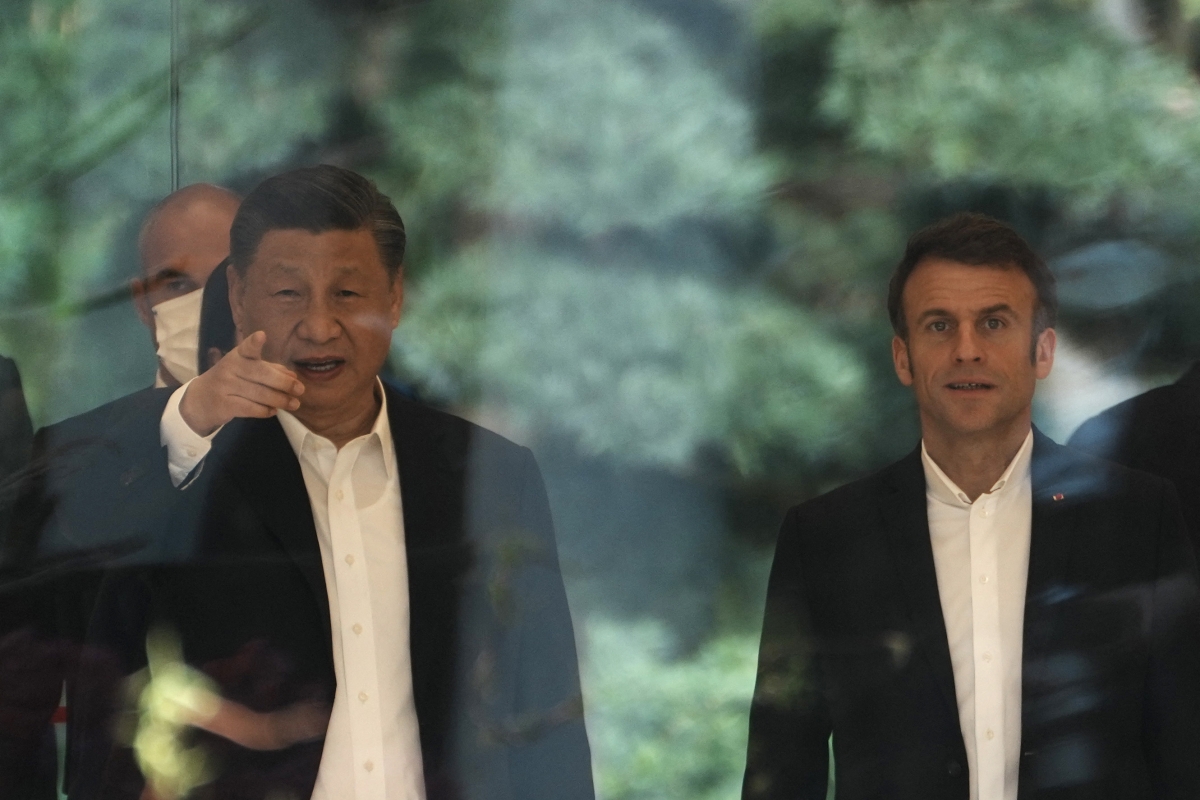Germany and France Have to Form a Common Front Toward China
Nikkei Asia

The following is an excerpt from Philippe Le Corre's op-ed in Nikkei Asia. Philippe is a Senior Fellow on Foreign Policy at the Asia Society Policy Institute's (ASPI) Center for China Analysis (CCA).
Over the years, Beijing has mastered the art of playing key members of the European Union (EU) off against each other to deflect pressure and advance its own agenda.
Today though, with crises multiplying, it is essential that European leaders approach China in a coordinated manner. In a year full of important elections and other milestones, France and Germany in particular need to see eye to eye about talking to and dealing with Beijing.
Amid a challenging international environment, European leaders have been working to resume direct exchanges with their Chinese counterparts after the long pause of the COVID pandemic. Following in the footsteps of Dutch Prime Minister Mark Rutte, German Chancellor Olaf Scholz is set to visit China next week with a delegation of businesspeople. Chinese President Xi Jinping in turn is due to visit France in early May in his first trip into EU territory since 2019.
Back then, France and Germany had a go at facing up to China together. French President Emmanuel Macron and then-Chancellor Angela Merkel met jointly with Xi in Paris alongside Jean-Claude Juncker, then president of the European Commission.
The show of unity paved the way for the subsequent publication of the EU-China Strategic Outlook, which made waves by referring to Beijing as "a partner, an economic competitor and a systemic rival."
These days, though, Germany's current three-party coalition government can barely present a united front on its own.
Last July, it published a Strategy on China statement, with Foreign Minister Annalena Baerbock of the Green Party setting out policies for dealing with China as a systemic rival. Yet Scholz, a Social Democrat, has gone out of his way to avoid offending Beijing, not even embracing the "de-risking" concept championed by Ursula von der Leyen, Juncker's successor.
German multinationals, meanwhile, continue to ardently court China. Chemical manufacturer BASF and carmaker BMW are building new factories valued together at 11.4 billion euros ($12.4 billion). Rival luxury auto producer Mercedes-Benz Group now counts two Chinese carmakers as its largest shareholders.
